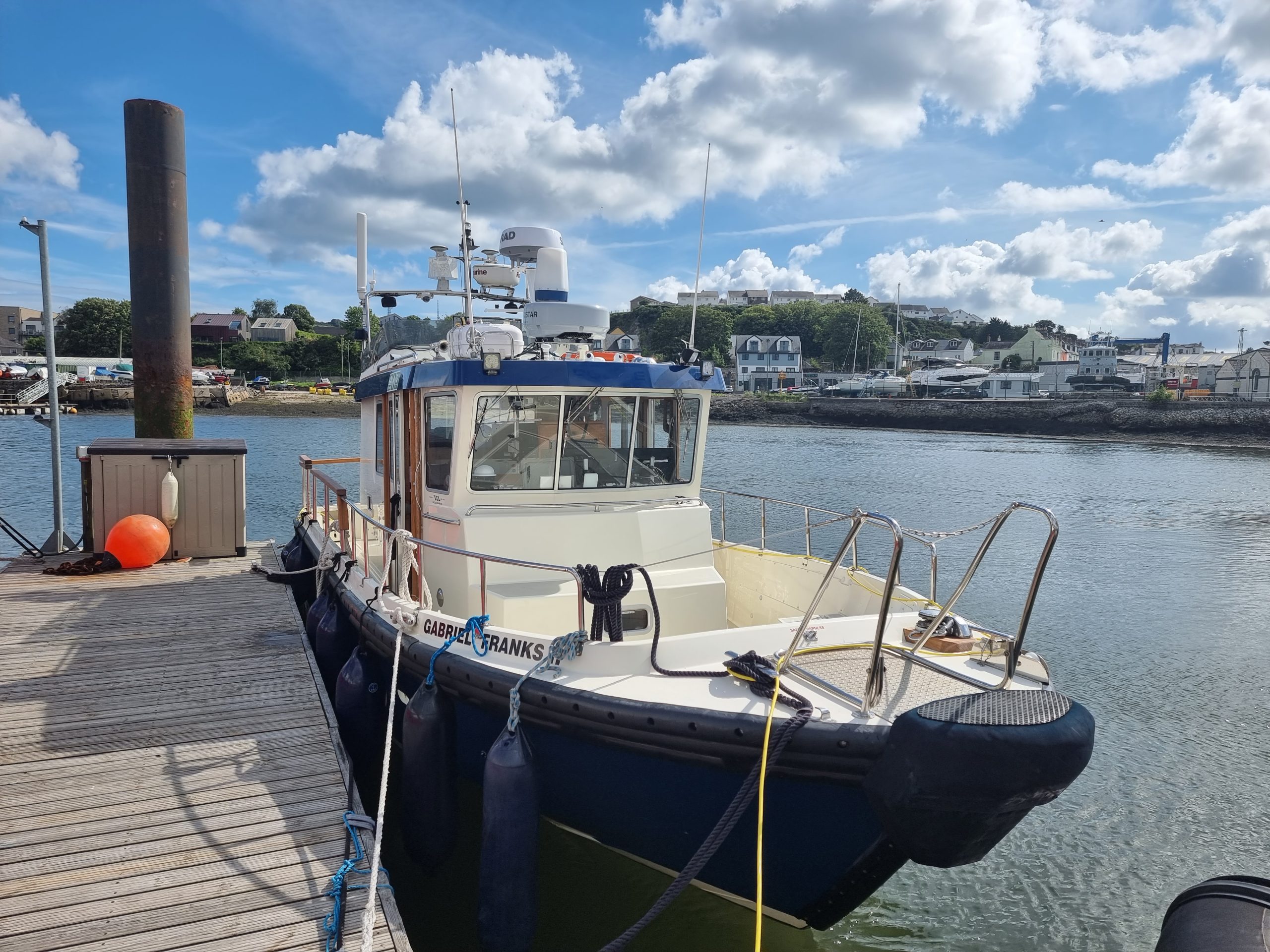
Marine AI is a software engineering firm specialising in edge-based artificial intelligence software. Its aim is to deliver sensor-driven cognitive artificial intelligence to enhance maritime capabilities, on or below, the water.
This UK-based market leader is providing clients around the globe with marine-specific artificial intelligence solutions under the brand of Guardian AI, a system with product applications that include Guardian Port which uses AI to bring efficiencies and risk-reduction benefits to increasingly complex and congested Port operations.
In perfecting the development of its computer vision software, one of the main challenges Marine AI faced lay in accurate detection of small objects in open water, whether it be a buoy, swimmer, or kayak; made more demanding when confronted with navigation in adverse weather conditions, collision avoidance, and the need for accurate real-time situational awareness.
Identifying low observable marine objects – or LOMOs – presented a significant technical challenge for navigating vessels autonomously via onboard vision systems. Marine AI had initially piloted LIDAR sensors, but these consistently fell short in providing the necessary granularity, coverage and resilience needed in such dynamic maritime environments. Given the cost of each LIDAR unit moreover, there had to be a more reliable and cost-effective solution.
The agreed vision was to develop a cutting-edge solution that would leverage Navtech Radar’s ultra high-resolution capabilities to enhance the performance of the Guardian System and integrate the radar into the suite of sensors picking up on near-range targets. Navtech Radar put forward its Robust Automation Sensor – RAS6 – designed to solve challenges where high-resolution data is required to facilitate automation on land and water. A market-leading, millimetre-wave radar with a 360° field of view that provides best-in-class high-resolution radar images, the RAS6 works in all weather, light and environmental conditions delivering unrivalled outdoor sensing for automation, with zero compromise.
Marine AI put the technology to the test onboard their vessel and the results demonstrated the extent to which RAS6 consistently performs, regardless of environmental challenges, operating through rain, fog, and snow and spray. Its long range of up to 1km, a 360° field of view, and high update-rate scanning performance, is all fed into the Guardian System software. The raw radar image, either in our proprietary format, or Astex 240, an industry standard for radar video, can be integrated with the Navtech SDK, or with ROS, ROS2, C++ .NET DLL, and Python drivers. It is this access to raw data, which gives the Guardian software maximum flexibility, with the radar assuming nothing about the target detections, and ensuring nothing from the raw sensor data, goes missed.
The radar technology was seamlessly integrated into the Guardian System, providing clarity for small object detection, thus forming a robust sensor platform. This clarity of data of very small objects allowed Marine AI to then feed the information back into its models and contact mapping alongside ingesting AIS, GPS, throttle and runner data.
Amongst its features, the Navtech radar was able to provide complete 360° – coverage, with zero blind spots, and enhanced situational awareness for the Guardian System software. RAS6 also demonstrated its adaptability to different maritime environments, reliably detecting and tracking vessels and obstacles in real-time, regardless of environmental factors, by day or night.
The integration of Navtech Radar’s radar technology has significantly improved the safety features and accuracy of Marine AI’s Guardian System, by reducing the risk of collisions and accidents. , In combination, they are an unrivalled, world-beating, marine situational awareness system